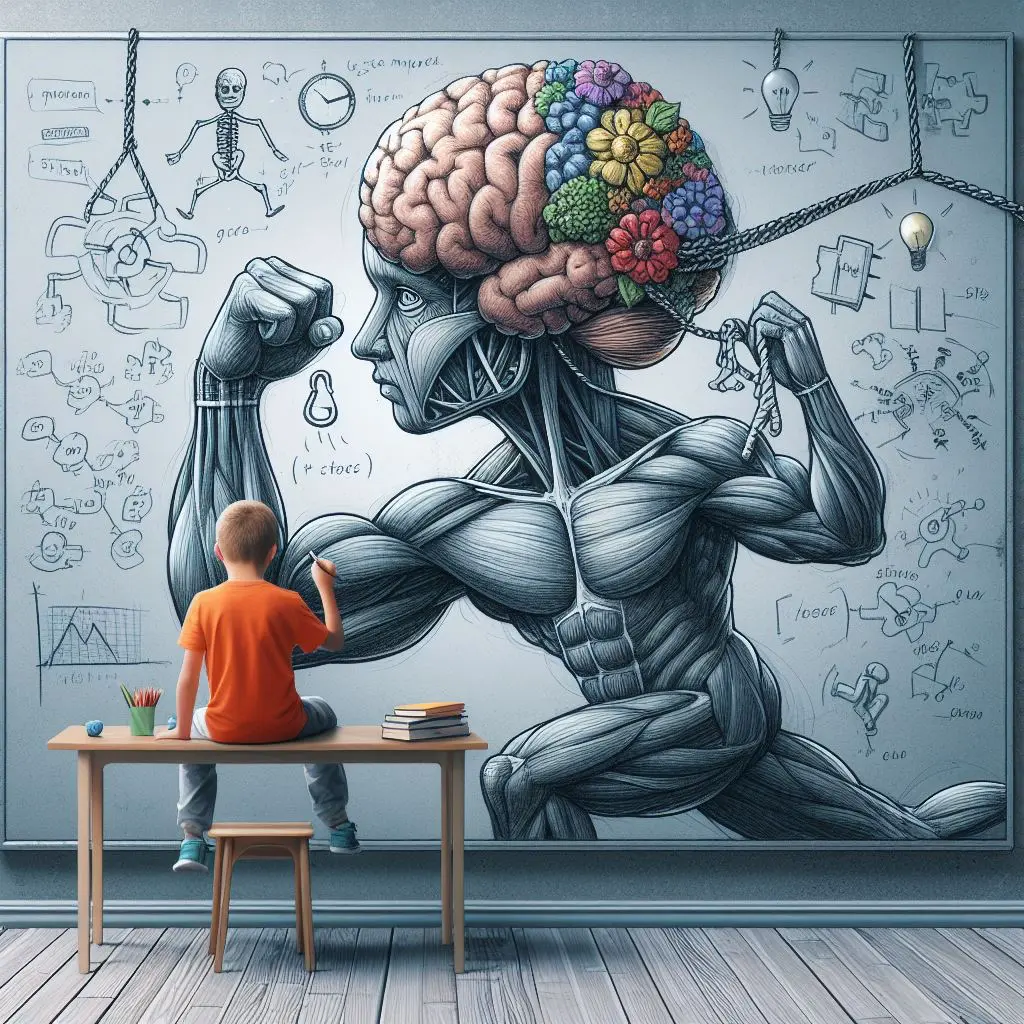| This post is a rewrite of information in Bill Murphy Jr.’s Understandably email, 2024-Feb-19 |
Boost Your Memory with “Physical Activity Sandwich”
In a recent scientific study conducted by researchers from the University of Copenhagen, a three-part trick to enhance memory during learning has been identified. Here’s the breakdown of the strategy:
1. Exercise Moderately to Prime Your Brain
Engage in moderate exercise, elevating your heart rate, before diving into the learning process. This step sets the stage for improved memory retention.
2. Dedicate Yourself to the Learning Task
Immerse yourself in the skill you want to acquire. Focused dedication to the task enhances the effectiveness of the learning process.
3. Amp Up Physical Activity Post-Learning
After completing the learning task, engage in a more vigorous exercise session. This step further solidifies the memory of what you’ve just learned.
Research Experiment and Results
The study involved 67 men aged 18 to 35, subjected to a “fine motor task” using an unfamiliar computer game. Participants were divided into four groups based on their exercise regimen:
- Group 1: No exercise at all.
- Group 2: Exercise before the task but not after.
- Group 3: Exercise after the task but not before.
- Group 4: Exercise both before and after the task.
Clear Positive Impact on Memory
Results demonstrated a clear positive effect across all groups. Those who exercised, whether before, after, or both, outperformed those who didn’t exercise at all. Remarkably, the group that exercised both before and after the task showed the most significant improvement a week later during a follow-up exam.
Understanding the Mechanism
The theory behind this phenomenon lies in the increased blood flow to the brain when the heart rate is elevated during physical activity. According to Jesper Lundbye-Jensen, head of the movement and neuroscience section, physical activity enhances the brain’s adaptability, a crucial factor in memory retention.
Real-Life Applications
Consider integrating this strategy into your routine, whether you’re a student preparing for classes, an aspiring musician learning an instrument, or someone recovering after trauma. The research suggests that combining physical activity before and after learning yields the greatest memory improvement.

